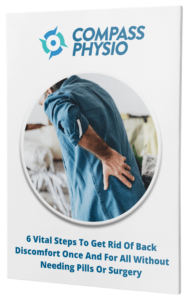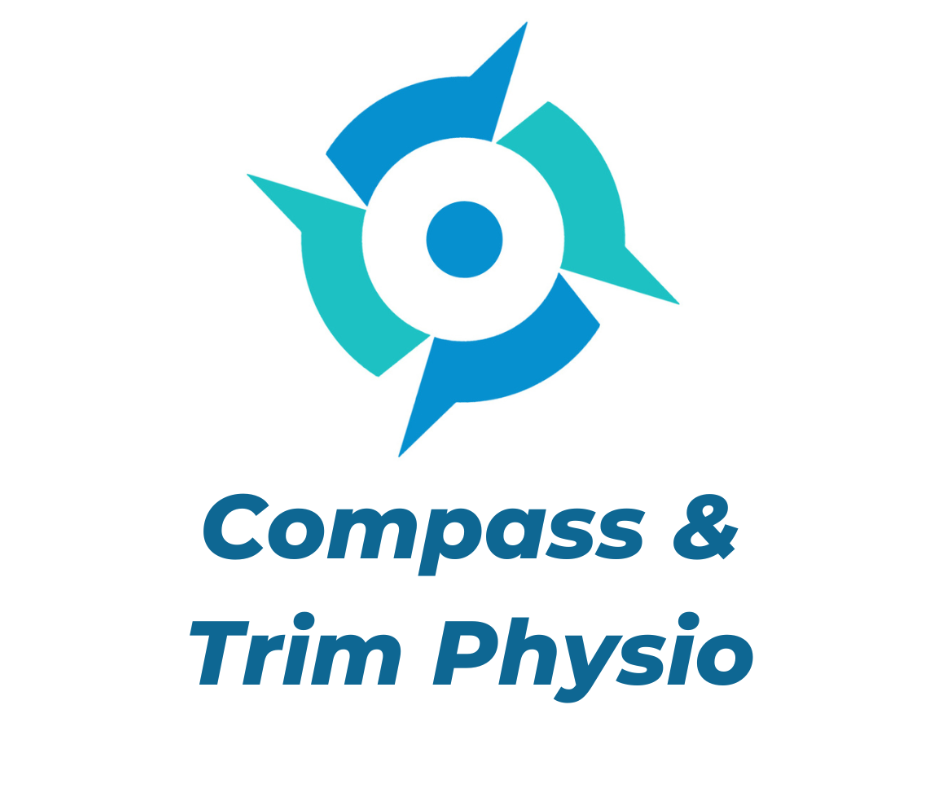Treatment of The Week: DRY NEEDLING
WHAT IS DRY NEEDLING
Dry needling is a safe treatment technique using needles to help relax tight areas of a muscle. A dry needle is a fine needle very similar to the ones used in acupuncture.
The aim of dry needling is to reduce muscle pain and dysfunction by releasing tight areas in the muscle known as myofascial trigger points. Myofascial trigger points, more commonly known as ‘knots,’ are tight bands or tender nodules in a muscle and can be a source of pain.
When trigger points are present, they cause the muscles they are in to neurologically tighten which serves to further disrupt the normal functioning of that muscle due to increased pain and local compression of vascular structures and nerves. Physical therapists/physiotherapists are now using this technique around the world to effectively treat acute and chronic orthopedic and neuro-musculoskeletal conditions.
It is also known by other names including Intramuscular Manual Therapy or IMS. It is called “dry” needling because no solution is injected into the tissue..
They can develop for a number of reasons including;
– Sustained postures e.g. sitting
– Stress
– Changes in regular activity e.g. increasing your training load or intensity
– Injury
– Unexpected or quick movements
HOW DOES DRY NEEDLING WORK :
Trigger points result in restricted blood flow to that tightened area of the muscle. Inserting the thin needle causes blood to pool around the needle, triggering the contracted muscle to relax by providing these fibres with fresh oxygen and nutrients as well as flushing away any additional acidic chemicals. When the fine, hair-like needle is inserted into a trigger point, a local twitch response (LTR) can be elicited.
This LTR is a quick contraction reflex of the muscle. Research has shown that when the LTR is present the tissue will have a decreased muscle contraction, reduced irritation, improved flexibility and can provide short term pain relief . This can often immediately improve range of motion, improve function and decrease or eliminate pain. Eliciting a LTR is not imperative and often will not occur when performing needling aimed at other structures in the body besides muscles and trigger points.
Needles can also be placed into other tissues including tendons, ligaments, around scars or near nerves. Depending on the patient’s particular pathology, the aim of Dry Needling may be different and therefore the desired physiological response is also different.
Does Dry Needling hurt:
Each patient describes the processes of being needled differently depending on what tissues are being treated. Typically, patients report not feeling the needle actually penetrate the skin and to most, the treatment is painless. Patients most likely will feel a deep cramping of the muscle that the needle was inserted into along with some involuntary muscle jumps/twitches. This is called the local twitch response (LTR) and means that we are positively affecting the desired tissue. As the needle stays in the tissue, these sensations subside and more times than not, the patient is no longer aware that the needles are even still inserted.
Dry needling can assist in the treatment of a wide variety of conditions including:
– Back Pain
– Frozen Shoulder
– Calf pain & Shin splints
– Muscle Spasms
– Repetitive Strain Injury
– Tennis Elbow
BENEFITS of the treatment include:
– Pain Relief
– Improved Range of Movement
– Improved Function
– Improved Muscle Activation

How Can Physiotherapy Help?
If you are finding it hard to complete regular exercises due to pain, fatigue or simply time schedules speak to us at Compass Physio.
Exercise is for everybody. At Compass physio we will complete a full physical assessment and will help identify any possible underlying causes that may limit your exercise regime.
Our chartered physiotherapists will help you to build strength and strategies which will help tackle any problem.
At Compass physio we will help you succeed and reach your goals.
To find out how Compass Physio can help, call 046 954 9456 (this number covers all clinics), click here to book online.
You can also email any questions to info@compassphysio.ie
Paddy Mulligan – MISCP Chartered Physiotherapist Compass Physio


